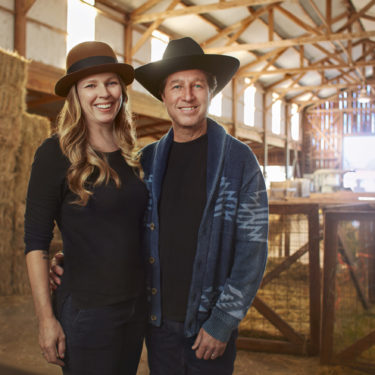David and Tamara Hicks are not your traditional run-of-the-mill farmers. Previously working in the medical field, David and Tamara always had a knack for revamping things – cars, houses, you name it. So when they came across the old dairy that used to be in the location of Toluma Farms and Tomales Farmstead Creamery, it just seemed like the right thing for that to be their next project.
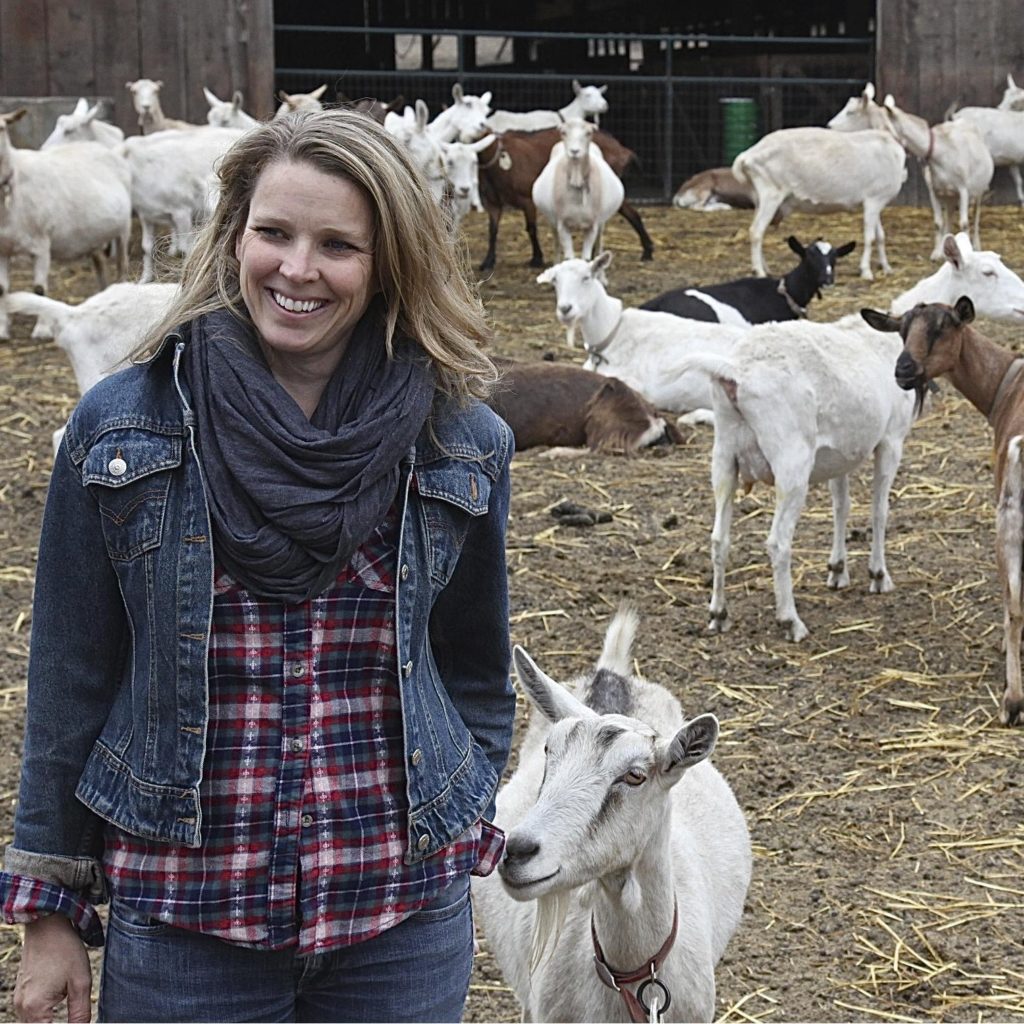
This was 17 years ago. The first few years of work were spent doing land restoration in partnership with NRCS, the STRAW project, Marin Organic Certified Agriculture, Marin RCD, Marin Organic, and UC Cooperative.
A few weeks ago, a fellow intern and myself had the pleasure of meeting Tamara and seeing the farm in person. After arriving at the farm, and getting the beginning of a tour, Tamara took us a little bit into the hills, detailing the intense restoration processes that took place on the land when they first bought the property. “The people who were on the farm before us didn’t have a landfill. Everything – everything, got thrown on the land, and most of it buried.” She told us about the cars they had to pull from the ground, amongst common household trash, tires, and the like.
On the now certified organic land, in 2007 Toluma Farms opened their doors as a goat and sheep dairy, and in 2013, the Tomales Farmstead Creamery opened.
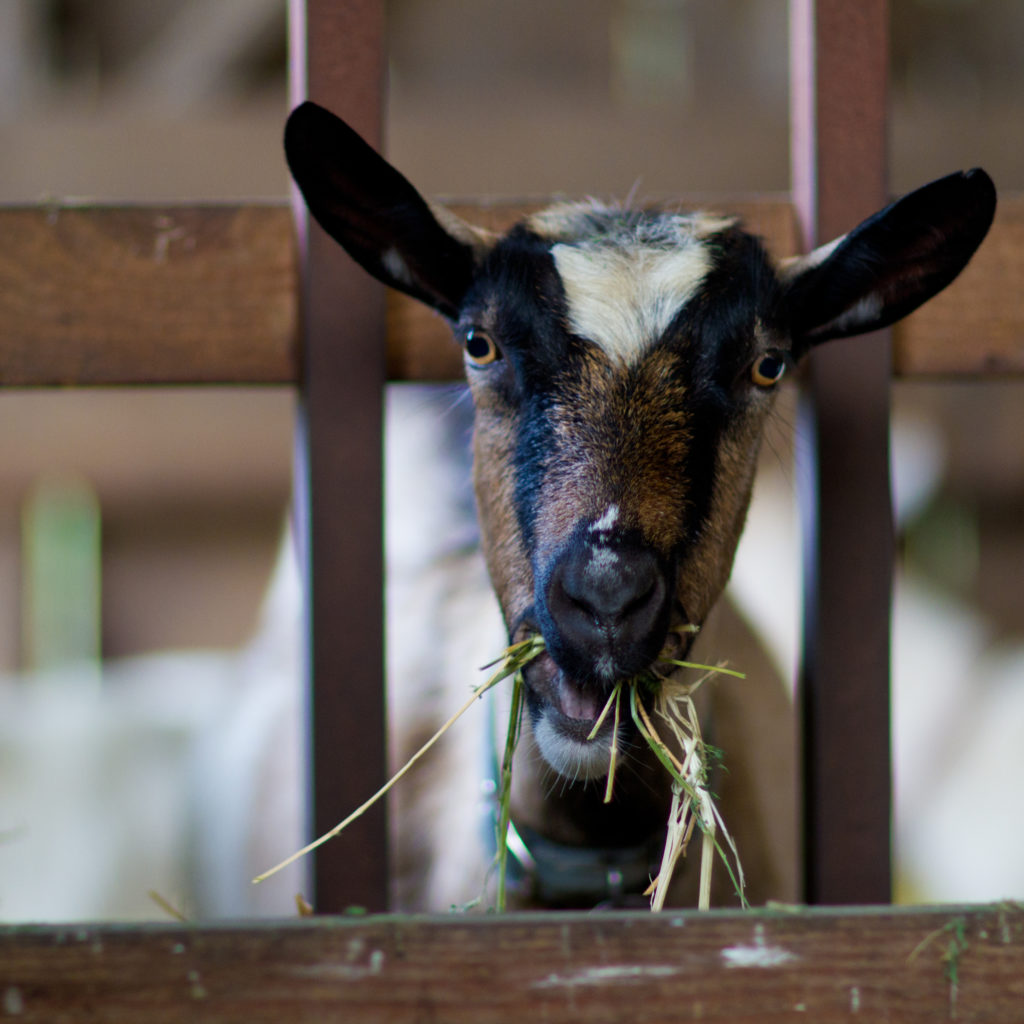
Goats and sheep were decided over cows for their dairy, for multiple reasons. They are more manageable in terms of animal size and manure management, Tamara explained to us. She also said their impact on the planet was less than cows, and with their values and intention in regenerative agriculture, raising these animals on their dairy was clearly the best choice.
Tamara sees the Toluma farms and Tomales Farmstead Creamery split up into three main focuses: regenerative agriculture, animal husbandry and cheese, and then the people.
Regenerative agriculture is key to the function of Toluma Farms. Tamara reflected on when they first acquired the land and the preliminary aspects of land restoration were done – removing the loads and loads of trash. She remembered feeling like they had really made a big step in terms of land restoration. But she soon learned that it was just the tip of the iceberg. Years and years of mismanagement created so many more problems than just the obvious ones that were literally sticking out of the ground.
Learning from their neighbors in West Marin, and traditional Coast Miwok land practices, they began to focus on micro – regenerative work, as Tamara called it. And this micro regenerative work really comes down to soil health – measuring nutrient levels in the soil, how much carbon is being sequestered, amongst other things. It is constant learning and experimenting. “The hard part of land management is that you have to wait a year or two years to see what grasses come back, what the nutrients look like in the grasses that are growing,” Tamara said. As a part of the Marin Carbon Project, Toluma farms is actively working to draw carbon into their soil by regenerative practices.
Their 160 acres of land are also certified organic. However, Tamara sees this certification as a bare minimum, just something to keep them in check. They strive to do more than be organic, as they want to be actively improving their land and regaining the land quality that was lost so many years ago.
In terms of the animals and the creamery, they pride themselves on their animal welfare approved status. Tamara enjoys this certification deeply, as it is an opportunity for them to meet with experts and collaborate to ensure their animals are being cared for and treated in the best manner possible.
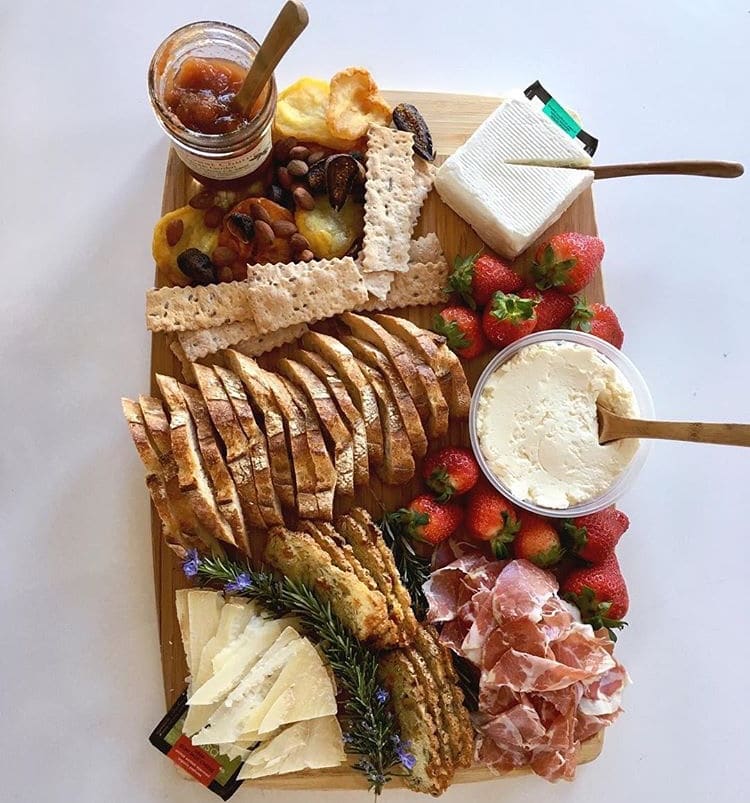
One incredible aspect of the creamery is the dedication to the Coast Miwok people. All of the cheeses are named something that has significance in the Coast Miwok language. Recognizing her status as a white landowning woman, Tamara has a deep commitment to honoring the people who walked and cared for the land before her. She tells us, it’s a small thing, the naming of the cheese, but it’s something we can do. “Naming the cheese is really the very least we could do in terms of a beginning of an acknowledgment of who walked these lands before we did,” she said.
Additionally, the farm hosts many educational programs, as they strive to really make it a public place. Naming the cheese in the Coast Miwok languages gives them the opportunity to bring Coast Miwok education into these programs, and tie into students’ curriculum.
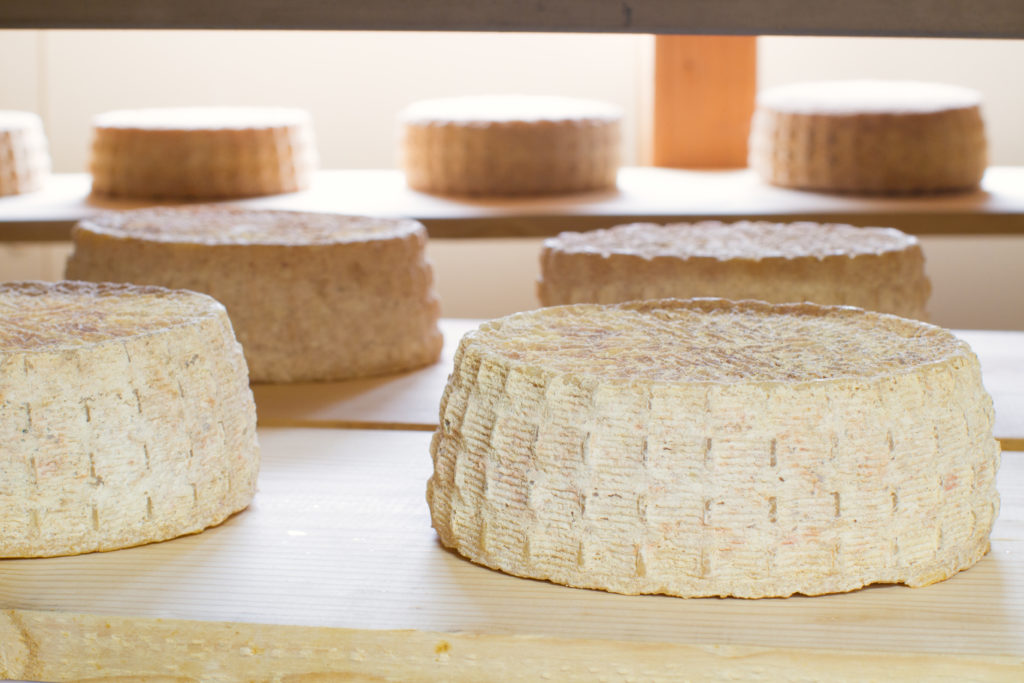
And then there is the people. “People who work here are a part of it, this isn’t some low paying minimum wage job,” Tamara said. She is actively dedicated to building a community with deep roots on her farm. For example, just a few years ago, Tamara and David went in on a company with one of their employees called Daily Driver. With a store in the Ferry Building and a stand in Hayes Valley, they sell wood fired bagels, cream cheese, and jack cheese, amongst other goods. The Daily Driver creamery is also the only creamery in San Francisco.
Tamara’s dedication to social justice is also shown through her answer to one of our favorite questions to ask interview subjects: what gives you hope?
Literally tearing up, Tamara answered “People like you – its people, seeing this next generation and they’re getting people to vote, not just not being racist but leading anti racist movements and making sure climate change is first and foremost in people’s minds, so its hope for next generation to make sure were all having these hard conversations… and I see that happening, that’s what is giving me hope.”
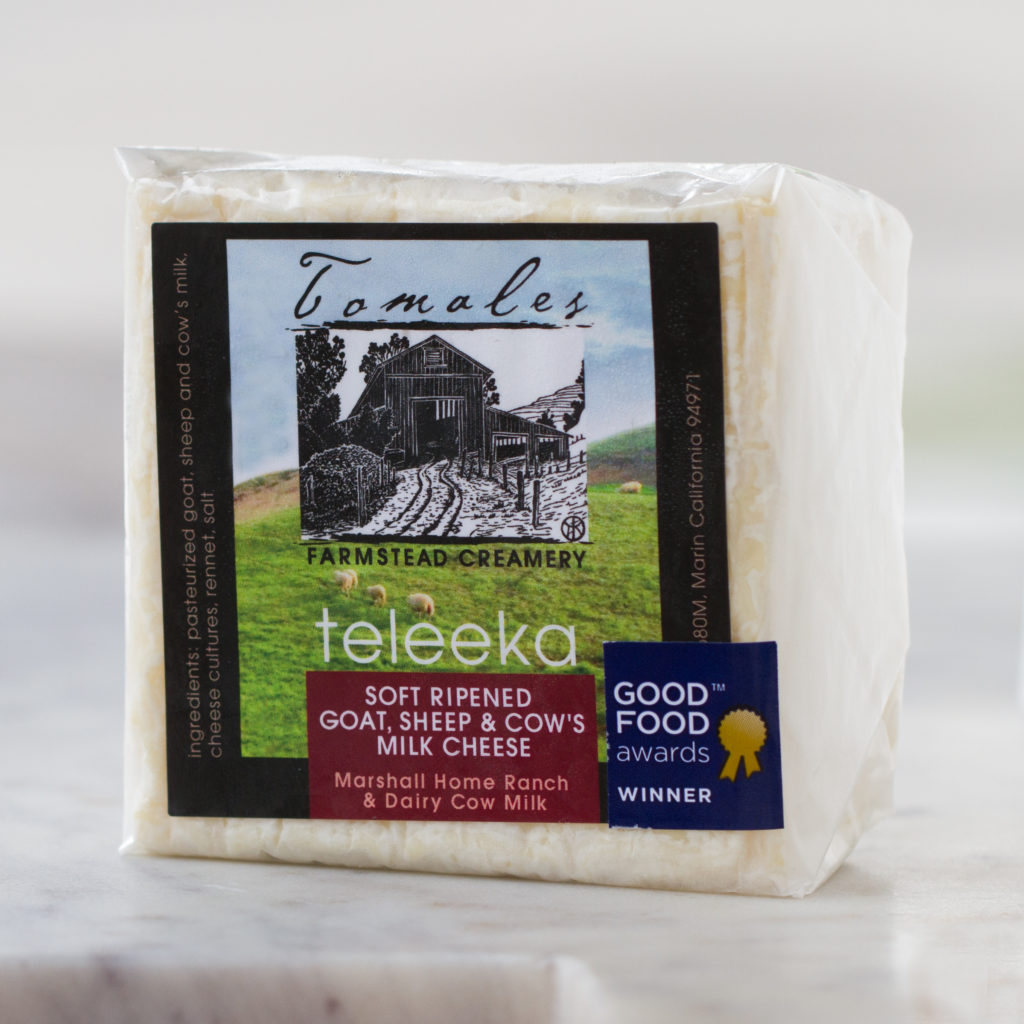
Tamara hopes in so many forms to be a piece of the solution, not the problem. “I’m hoping that there’s a seed change with everything going on to find ways… for bipoc people to own land, not just work the land – but own the land.”
In a greater sense, both socially and in terms of the land itself, Toluma farms and Tomales Farmstead Creamery are doing incredible work and dedicating themselves to action, engagement, and community. We are so honored to be able to work with them, and honestly, the incredible cheese speaks for itself.
